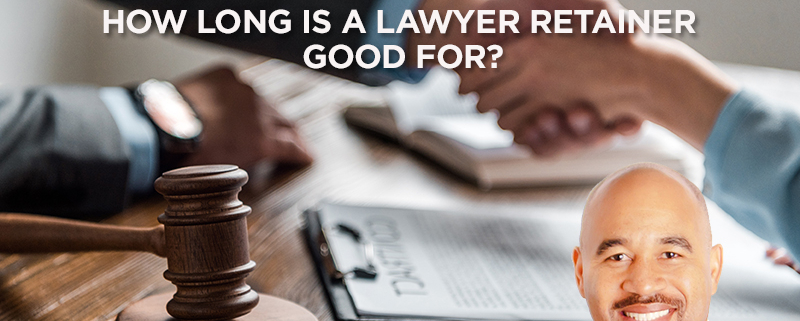How long is a lawyer retainer good for?
How long is a lawyer retainer good for?
A lawyer retainer is a sum of money that a client pays in advance to secure the services of a lawyer. The retainer is held in a trust account and is used to pay the lawyer’s fees and expenses as they arise. But how long is a lawyer retainer good for?
Generally, a lawyer retainer is good for the duration of the legal matter for which it was paid. For example, if a client pays a retainer to handle a personal injury case, the retainer will typically cover the lawyer’s fees and expenses until the case is resolved. Depending on the case’s complexity, this could take several months or even years.
However, the duration of a lawyer’s retainer can vary depending on the terms of the retainer agreement between the lawyer and the client. Some retainer agreements may specify the period during which the retainer will be used. In contrast, others may be open-ended and allow the retainer to be used indefinitely.
Clients need to understand the terms of their retainer agreement before signing on with a lawyer. This will help ensure they know how their retainer will be used and how long it will be good for. It’s also a good idea for clients to discuss their legal matter with their lawyer and understand how long it will likely take to resolve. This can help them plan and ensure they have enough money in their retainer to cover the lawyer’s fees and expenses.
If a client’s retainer runs out before their legal matter is resolved, they will need to pay additional funds to their law firm to continue with their case. This is known as “topping up” the retainer. The lawyer will provide an account of the fees and expenses incurred up to that point, and the client will be responsible for paying any remaining balance.
Sometimes, an attorney may agree to accept a “contingent fee” arrangement with a client. This means that the lawyer will only be paid if the case is successful, and the lawyer’s fees will be taken out of the settlement or judgment awarded to the client. In these situations, the retainer may cover litigation costs, such as filing and expert witness fees, but the client will not be responsible for paying the lawyer’s hourly fees.
It’s worth noting that some lawyers may require clients to pay a retainer before they will agree to take on a case. This is because the lawyer is taking on a certain amount of risk by agreeing to represent the client, and the retainer helps to compensate the lawyer for that risk. However, not all injury lawyers require a retainer, and clients should ask about this before agreeing to work with a lawyer.
In conclusion, the duration of a lawyer retainer can vary depending on the terms of the retainer agreement and the specific legal matter for which the retainer is being used. It’s important for clients to understand the terms of their retainer agreement and to discuss their legal matter with their lawyer to get a sense of how long the retainer is likely to last. If the retainer runs out before the legal matter is resolved, the client may need to pay additional funds to continue with their case.






